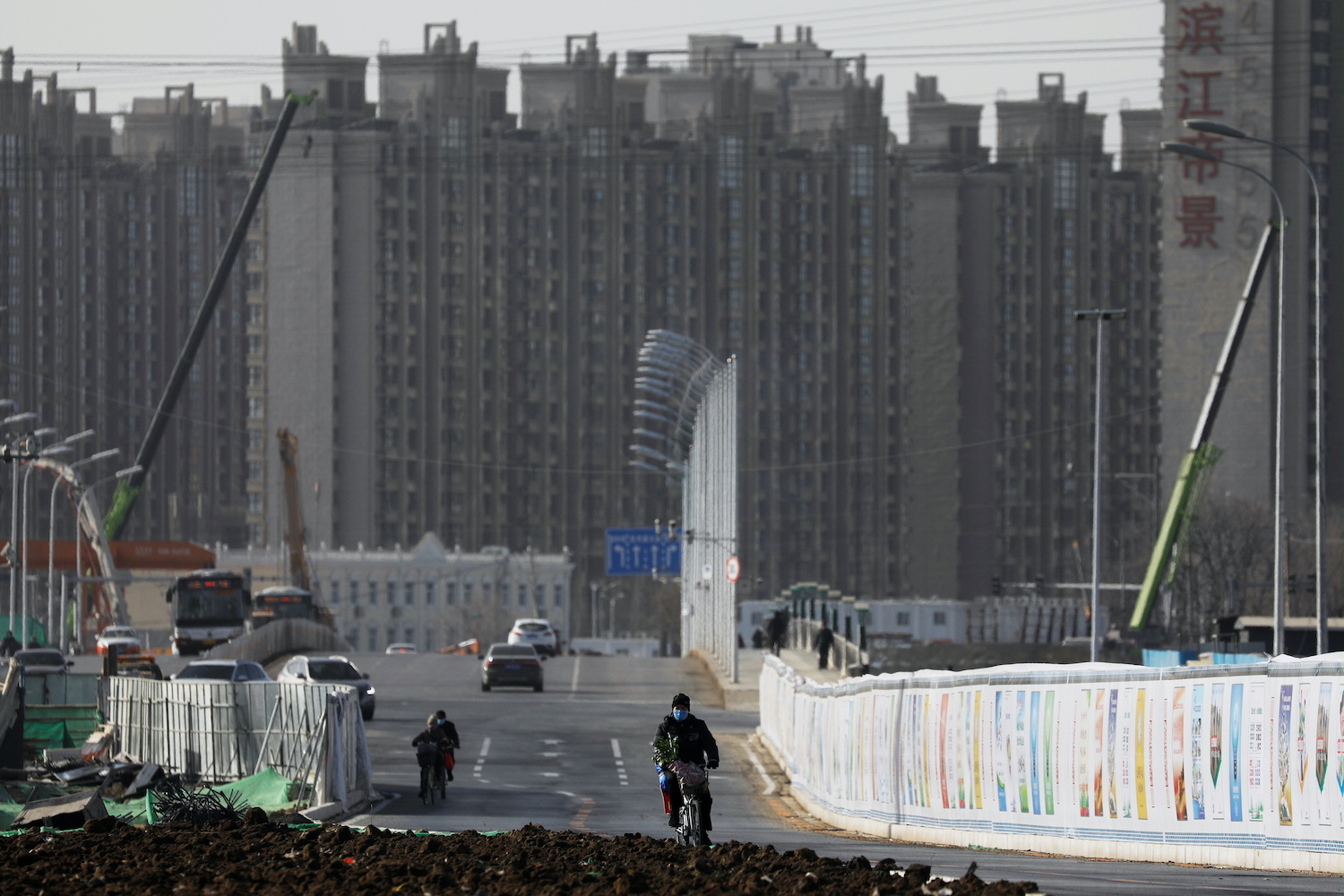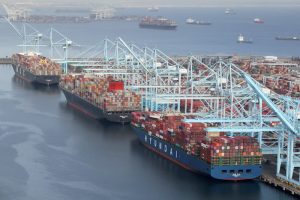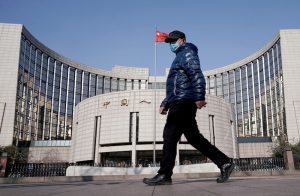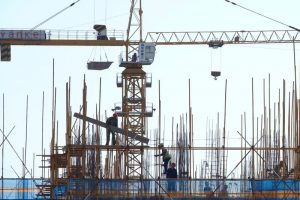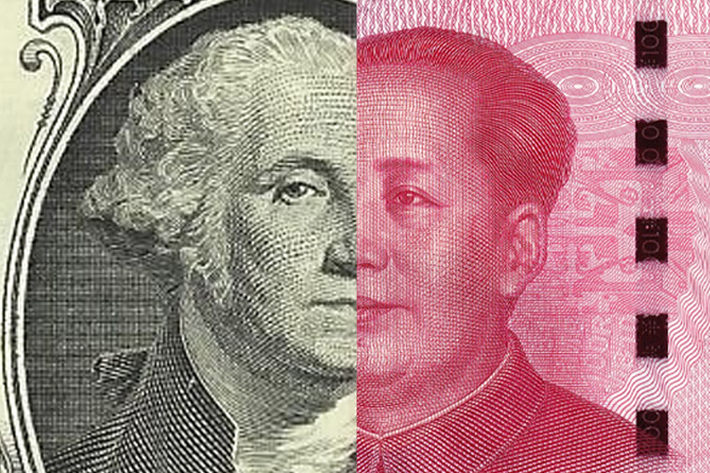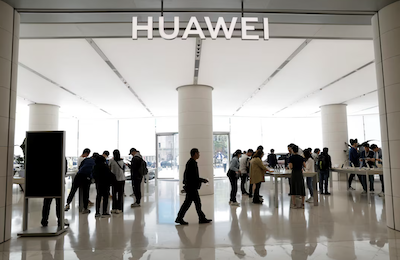Investment bank JPMorgan has estimated that troubled Chinese property giant Evergrande and many of its major rivals have billions of dollars worth of off-balance sheet debt that, once added on, ramp up their leverage ratios.
JPMorgan’s China and Hong Kong property analysts said the tactic is likely to have been used to help firms look like they were conforming with new borrowing cap rules introduced last year, but Evergrande’s case looks the most extreme.
“Instead of true deleveraging, we think Evergrande has shifted some of the interest-bearing debt to off-balance sheet debt,” JPMorgan’s analysts said. “Commercial papers, wealth management products and perpetual capital securities, etc, which are not officially counted as debt.”
They estimated Evergrande’s “net gearing,” as the ratio of debt to a firm’s equity is known, was at least 177% at the end of the first half of the year, instead of the 100% its accounts reported.
“It is possible that the real gearing could be even higher, as data on some off-balance sheet debt is not publicly available,” JPMorgan added, saying the “disguised” debt as it called it added up to 55% of Evergrande’s overall debt.
Other major firms whose gearing levels were likely to be higher than formally reported included R&F Properties at 139% versus the 123%, Sunac China Holdings at 138% versus 87% reported and Country Garden at 76% versus 50% reported.
Property Bonds and Shares Drop
Chinese property firms watched their bonds take another beating on Friday as the prospect of a wave of defaults in the sector in the wake of China Evergrande’s troubles continued to scare off investors.
Advisers for Evergrande bondholders said they had still not heard from the company following its recent missed bond payments.
Smaller rival Fantasia appointed advisers after it shocked markets by also missing a payment this week, while both R&F Properties and Xinyuan suffered credit rating downgrades, the latter after it had asked to push back one of its own payments.
A dollar-denominated bond issued by Greenland Holdings, which has built some of the world’s tallest residential towers including in Sydney, London, New York and Los Angeles, dropped 10 cents to almost half its face value.
Kaisa Group, which was the first Chinese property developer to default back in 2015, saw one of its bonds suffer a 9% slump , while R&F and Central China Real Estate bonds were also widely sold. Most of Evergrande and Fantasia’s outstanding bonds are already trading around just 20% of their face value.
The bond that Fantasia failed to repay this week had previously been changing hands close to par as the firm had said only two weeks earlier that its cashflow was fine. It said on Friday it was trying to find a solution “as soon as possible”.
Fitch was the latest credit rating agency to downgrade debt-saddled Xinyuan Real Estate, after it announced a plan to swap and extend a bond payment deadline due next week. The agency said it considered the move “a distressed debt exchange,” adding the replacement bond would also give buyers less protection if the company defaulted in the future.
• Reuters with additional editing by Jim Pollard




